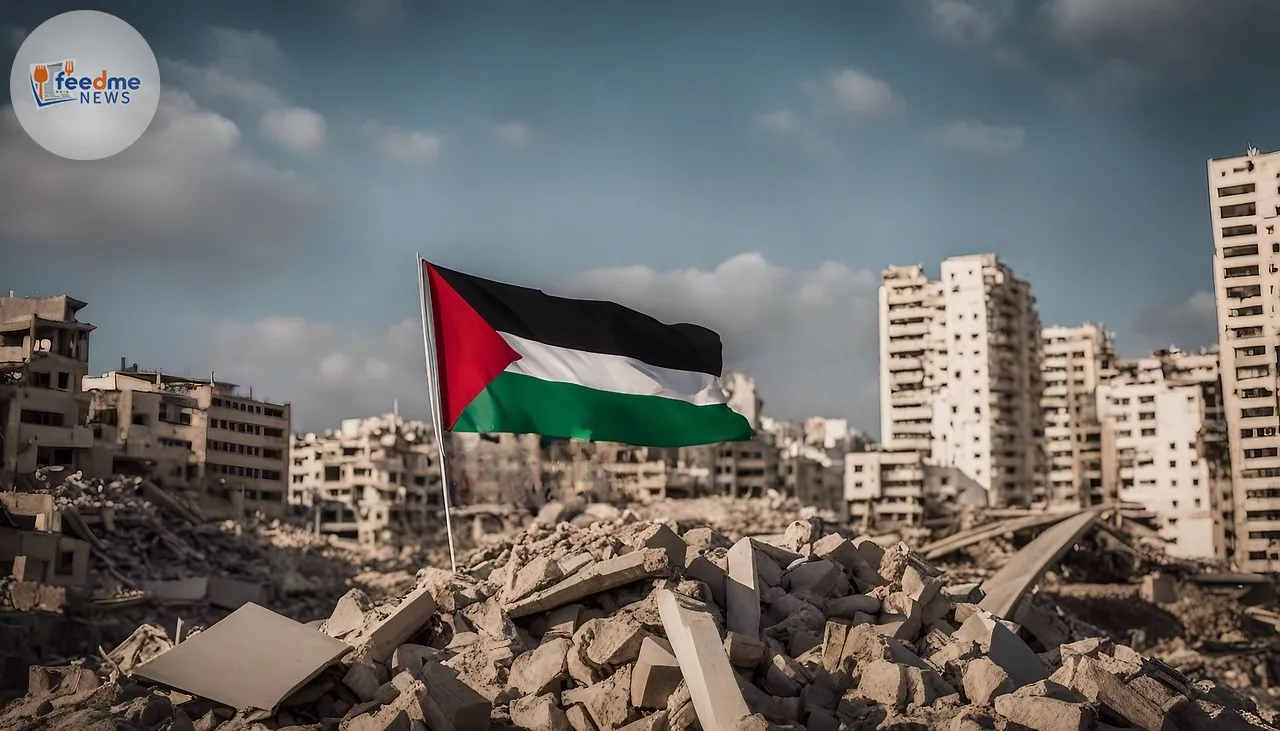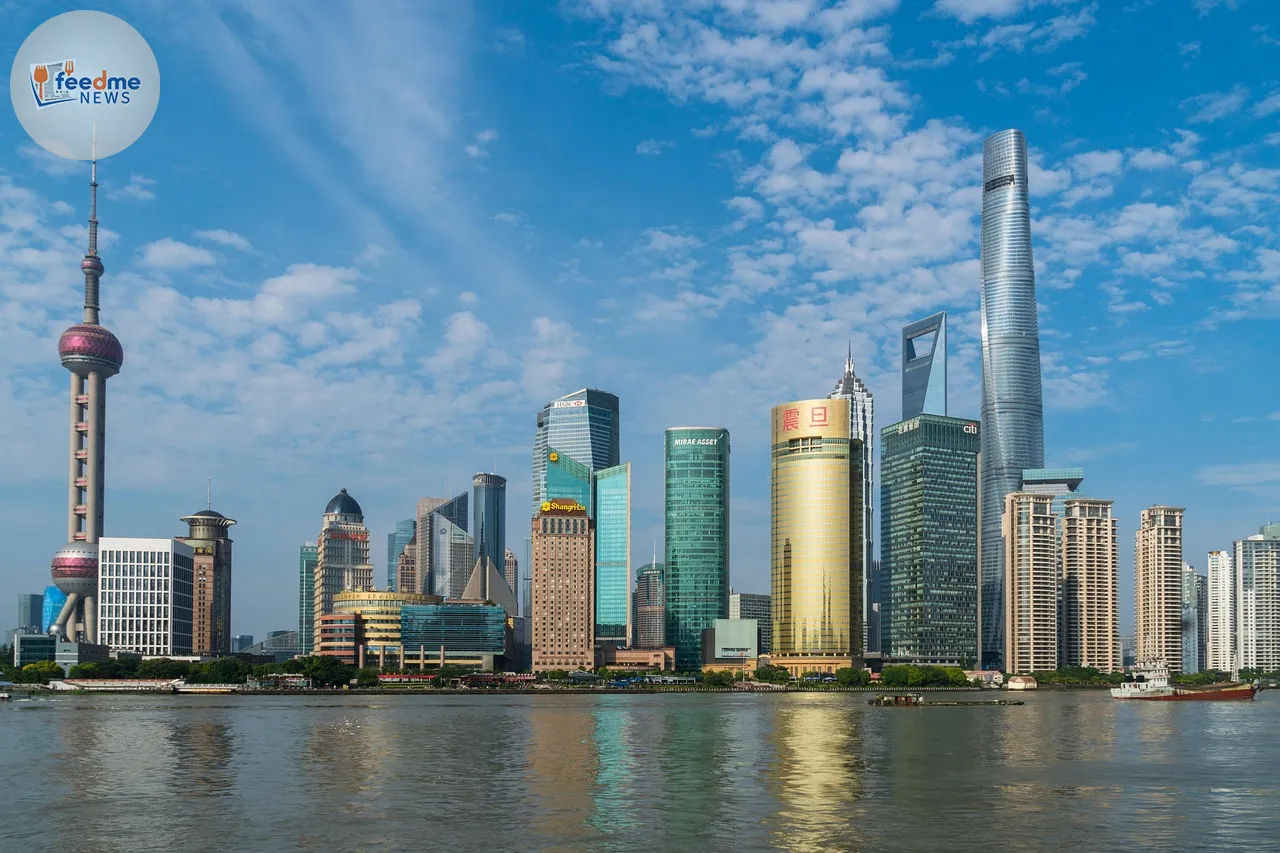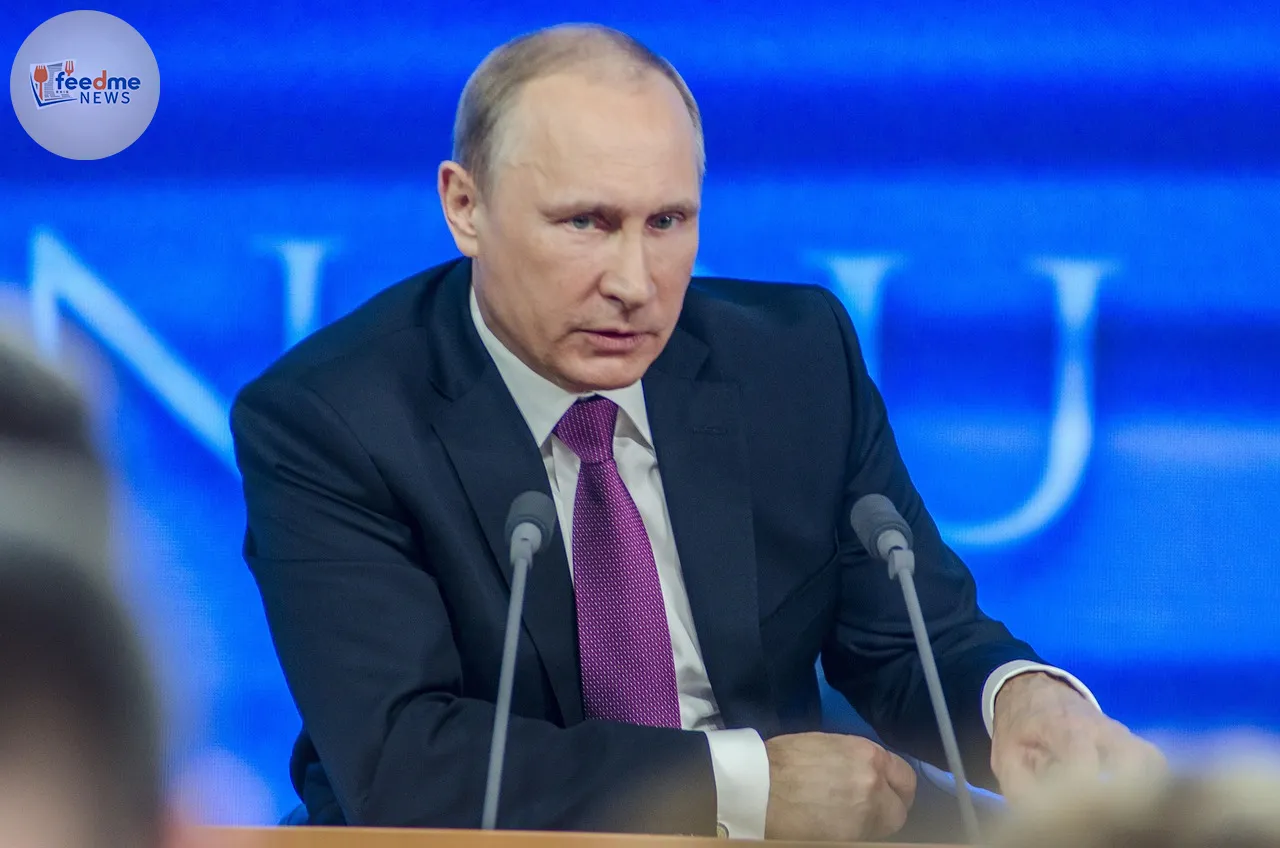In a landmark move, France has officially recognised the state of Palestine, joining a growing list of European countries advocating for Palestinian sovereignty. French President Emmanuel Macron announced the decision at the United Nations General Assembly, emphasising the need for renewed peace efforts in the Middle East. “The time for peace has come,” Macron declared, urging other nations to support the initiative.
The recognition marks a significant shift in France’s foreign policy and could influence other European nations to follow suit. It reflects an increasing international consensus on the necessity of a two-state solution to resolve the enduring Israeli-Palestinian conflict.
France’s Strategic Timing
France’s decision to recognise Palestine comes at a critical juncture in Middle Eastern geopolitics. The announcement was made on 22 September 2025, during the UN General Assembly held in New York. This platform allowed France to send a strong message to the international community about its commitment to peace and diplomacy.
The timing coincides with renewed tensions in the region, where peace talks have long stalled. By choosing this moment, France aims to reignite discussions and encourage both sides to return to the negotiating table. The decision also aligns with France’s broader diplomatic strategy of fostering stability in the Middle East.

European Support for Palestine
France’s recognition of Palestine could pave the way for other European countries to take similar actions. Several EU nations, including Sweden and Ireland, have already recognised Palestine, and there is growing pressure on others to do the same. The European Union has consistently supported a two-state solution, and France’s move may galvanise further EU action.
Experts believe that this collective recognition could strengthen Palestine’s position in future negotiations. “France’s decision is a significant step in the right direction,” said Dr. Leila Haddad, a Middle Eastern politics expert. “It underscores the importance of international solidarity in achieving lasting peace.”
Reactions from Israel and Palestine
The reactions from Israel and Palestine to France’s decision have been markedly different. Palestinian leaders have welcomed the recognition, viewing it as a crucial step towards achieving statehood. Palestinian Authority President Mahmoud Abbas praised France’s “courageous decision” and called for more countries to follow suit.
Conversely, Israel expressed disappointment, warning that unilateral recognitions could undermine peace efforts. Israeli Prime Minister Isaac Herzog stated, “True peace can only be achieved through direct negotiations, not unilateral actions.” The Israeli government has consistently opposed international recognitions of Palestine, arguing that it complicates the peace process.
Implications for International Relations
France’s recognition of Palestine could have far-reaching implications for international relations. It may influence the dynamics of Middle Eastern diplomacy and alter alliances within the region. The move could also impact France’s relationship with Israel, as the two countries navigate this new diplomatic landscape.
Moreover, this decision might inspire other non-European countries to reconsider their stance on Palestine. As more nations potentially recognise Palestinian statehood, the pressure on Israel and Palestine to engage in meaningful dialogue could increase.
Future Prospects for Peace
The recognition of Palestine by France and potentially more countries represents a renewed push for peace in the Middle East. This development could rejuvenate stalled peace talks and encourage both parties to make concessions necessary for a sustainable solution. While challenges remain, the growing international support for Palestine may create a conducive environment for future negotiations.
As the international community watches closely, the hope is that France’s decision will serve as a catalyst for change, fostering a climate where peace becomes achievable. The path ahead may be complex, but the momentum for a two-state solution appears to be gaining strength, offering a glimmer of hope for a region long mired in conflict.






